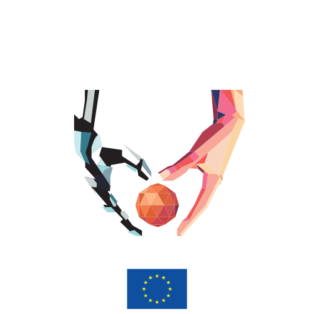Host institution: MATHEMA Duration 36 Months
Objectives:
The emerging use of Virtual Reality as a main Man-Machine Interface (MMI) to control complex systems opens new challenges as well as opportunities in Interaction Design and Human Reliability research domains. In fact, Virtual Reality should be considered a new paradigm where the performance and reliability assessment of the human being respect to the reality, is mostly unexplored. On the other hand, since all the actions, gestures, decisions, etc. generated within the VR can be easily detected because of the artificiality of the environment, a huge amount of behavioral data are now available for being analysed. The VR allows a fast-forward quantitative data driven human performance and reliability assessment that can be exploited in real time to mitigate risks and to enhance safety. To this end the objectives of these ESR are a) collection of the heterogeneous signals (gesture, voice, etc.) addressing the aspect of Big Data streaming processing and management, b) the identification of which is the relevant information generated within the artificial environment by the operator to detect anomalies and anticipate unwanted behaviors, c) the definition and application of suitable machine learning based algorithms to extract knowledge , d) deriving rules for Complex Event Processing for real time event early detection, e) the definition and dynamic remediation of the alerts to be sent back to the operators for risk mitigation, f) deriving best practices for VR based interface design. The final aim is to enhance VR-based operator situational awareness and decision making in complex operations.
Expected Results:
Investigate VR -based MMI for event detection and prediction in complex settings
Addressing computational aspects of Big Data machine learning using heterogeneous data sources
Acquiring the knowledge on the use of data management and processing tools such as Hadoop/MapReduce/Complex Event Processing/ MatLab/R Machine Learning libraries, parallel computing methods.
Acquire competence in Transfer Learning methodologies, and produce 2 high impact journal publications
Validate the knowledge acquired and the approaches devised on the LIVE LAB case study applications
Planned secondment(s): The PhD student is going to be seconded on M12 for 18 months in TU Dublin to support the work on LIVE LAB 3 in collaboration with IMR facilities to verify applicability of feeding the data resulting from the VR environment for its use in deep learning algorithms.
to access the application form click on this link: Application form
